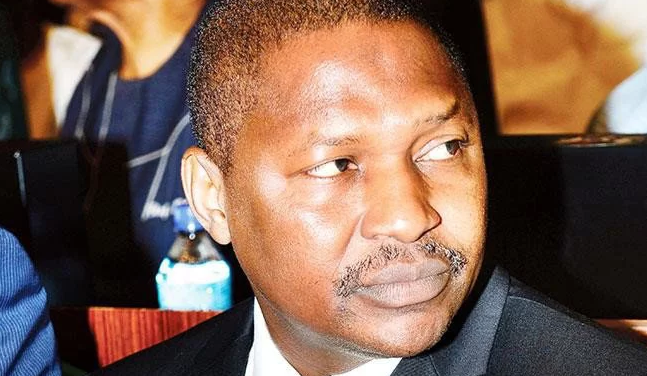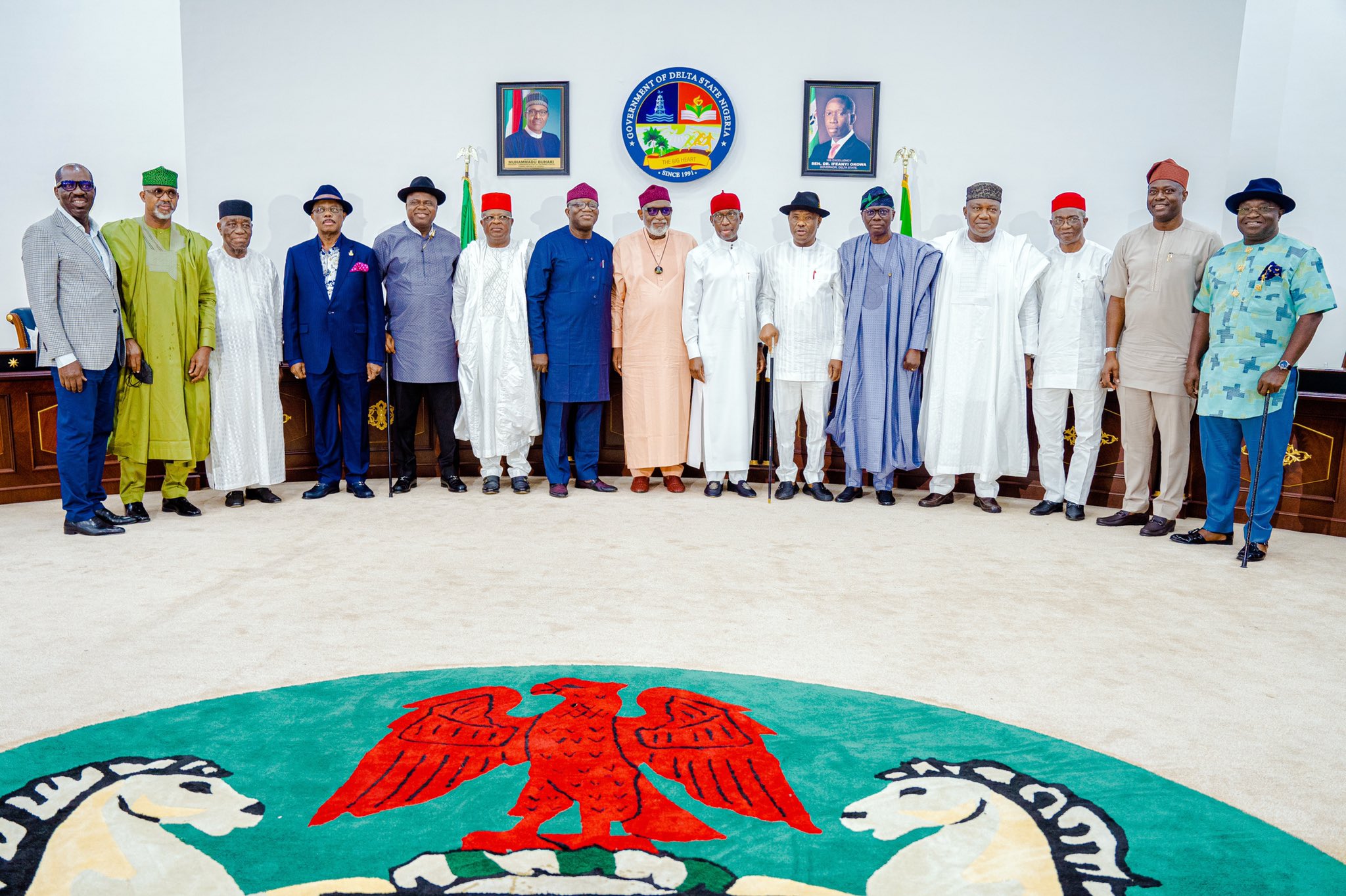Hello once again, this is my final piece on the Education Technology (EdTech) Gap within the Nigerian Education System (primary and secondary). You may recall that in Part 1 and 2 of sharing my opinion on Bridging the Technology Gap in the Nigerian Educational System, I shared my thoughts on the Nigerian EdTech gap and proposed a school grading system.
Building from what I shared the last time, one of our biggest challenges as a nation is the registration of schools across the country. For instance, Lagos, Kaduna, Kogi, Edo and several other states within the country struggle with school registration. However, one of the main benefits of the state-based school grading system is to help bring a lot of schools out of the shadows. Once these schools are graded they will be registered which will open a pathway to developmental support, bank loans and private sector investments, all of which are critical for their upscaling. This process would result in a concerted effort to upgrade these schools from where they are to where they need to be.
Aside the government, the private sector, teachers and students are all key players in the integration of EdTech and educational infrastructure in schools. I’ll give you a quick rundown of my thoughts about how the interaction of these stakeholders will help us achieve our goals.
The Private Sector
Advertisement
To successfully facilitate the implementation of educational infrastructure, internet access, resource materials and EdTech inclusion in our schools – the model must be largely private-sector driven. This is because they are at the forefront of innovation and economic investments. We must create a link between the government and the private sector in order to bridge the technology gap in the Nigerian education system. For instance, look at the role the private sector has played in our tertiary institutions.
At the federal and state levels, we now have 181 tertiary institutions (Universities and Polytechnics), bearing in mind that the first; Yaba College of Technology was established in 1947. This shows that it has taken us 74 years to have 181 institutions. Whereas, the private sector has built 163 private tertiary institutions in just 21 years, the first being; Igbinedion University, established in 1999. As a result, it is clear that the private sector is at the forefront of innovation and is a critical player in solving economic challenges and producing viable results if properly incentivised and regulated.
Our reality, is that we must invest wisely in EdTech, educational infrastructure and internet connectivity within schools to close the EdTech gap in Nigeria. Government must actively facilitate and encourage a framework that allows us to mainstream all viable, pragmatic and cost effective EdTech solutions into our education space. Whilst these innovations may cause some disruption to our current structure, it will eventually assist in moving our educational system forward.
Advertisement
The Teachers
“Technology will never replace great teachers, but in the hands of great teachers, it’s transformational.” – George Couros.
In Nigeria today, many parents largely depend on lesson-teachers to fill in the gaps of our educational system. This is however a privilege that only a very few can afford. But, by incorporating EdTech into our educational system, we’ll be able to mainstream quality teachers in all our schools using pre-recorded videos, audios and online conferences, amongst other EdTech solutions. By doing so, we will be able to use technology to optimize quality teachers who hitherto where confined to their own schools.
The teachers’ primary functions in our existing educational system will also have to evolve from their current traditional roles to that of being knowledge facilitators within the classrooms. Our teachers must see themselves as enablers and facilitators of knowledge. For this to happen, we will need to create a national integrated teacher development program that effectively leverages EdTech and provide special incentives to motivate teachers thereby getting their commitment to professional development. This intervention, which should be funded through a Public-Private Partnership arrangement must also encourage ICT, peer-to-peer learning, have a well-structured evaluation and assessment system to test teacher competence and award them with nationally and internationally recognised certifications. In one of my previous articles, I discussed this extensively.
Advertisement
I will close my thoughts on the role of teachers in bridging the EdTech gap with this quote from Dr. Thomas Poetter.
“The best educational experiences are those where the teacher understands that education comes from the Latin word; ‘educare,’ which means: “to draw out that which lies within.”
The Students
The students themselves are the major stakeholders in all of this. They must now embrace EdTech and see it as a key to improving their learning experience.
Advertisement
The reality for our students today, is that they are in a totally different world, so they must be more versatile and innovative while maintaining their inquisitive nature. With technology at their fingertips they must go beyond data collection, shun excuses and rid themselves off the entitlement mentality.
Today’s Nigerian students have no excuse for failure, especially with various EdTech tools at their disposal, they must leverage every opportunity and excel.
Advertisement
For us as a country, our future is directly tied to the success of these students and we must deliberately ensure that all critical stakeholders commit to solving the EdTech gap that exist in our educational system.
So, till the next time we meet here, remember we all have “A Role to Play.”
Advertisement
Obafela Bank-Olemoh is Senior Special Assistant to the President on Education Interventions.
Advertisement
Views expressed by contributors are strictly personal and not of TheCable.
Add a comment







